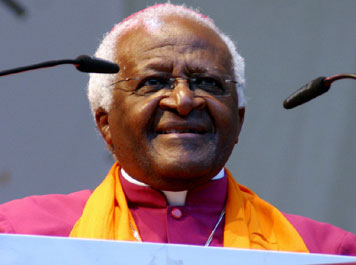ISRAEL is in a cooling off period after weeks of intense protests by vast segments of the population over a plan that would greatly weaken the country’s Supreme Court.
On Monday, Prime Minister Benjamin Netanyahu said he’ll delay legislation that critics say would weaken the judiciary: It would change the way Israel’s top judges are approved; allow the Knesset (Israel’s Parliament) to overturn Supreme Court decisions with a simple majority; and would prevent the court from judging many laws enacted by the legislature.
The uncertainty in Israel’s political situation extends deep into the business sector. Large Israeli businesses get most of their revenue from the United States, Europe and Asia, because in terms of global economics, Israel is a small market. And most of Israel’s neighbors have little or no trade with Israel.
“Investors not sure they’re comfortable operating.”
This month, ratings service Fitch warned that the courts controversy “could weaken Israel’s credit profile.” Moody’s made a similar statement, saying “proposed changes could materially weaken the strength of the judiciary and as such be credit negative.” So far, however, neither agency has changed Israel’s credit rating.
What’s the business risk?
“I’m in talks constantly with investors who want to know what the risk is,” said Tomer Weingarten, CEO of cyber defense company SentinelOne. “It’s become an environment where they’re not sure they’re comfortable operating.”
SentinelOne has 300 employees in Israel. It also has a venture capital arm that has been investing in the country. Weingarten says he may slow that flow of capital for “fear over what happens next.”
Some Israeli businesses worry that questions around taxation, worker rights, investor rights and other big issues could be decided by a supreme court that’s appointed by a right-wing government whose beliefs they don’t share.
Risks for Netanyahu
Recent polls show two-thirds of Israelis are against the plan to change the judicial system.
Netanyahu said on Monday that he’ll allow about a month for negotiations on the proposed legislation. However, that runs into the middle of Jewish holidays and the Knesset’s spring break, followed by Israel’s Memorial Day and Independence Day, which will be Israel’s 75th.
All are traditionally times of unity, but according to David Makovsky of Middle East-focused think tank The Washington Institute, “barring major movement regarding a deal, that seems unlikely.”





















